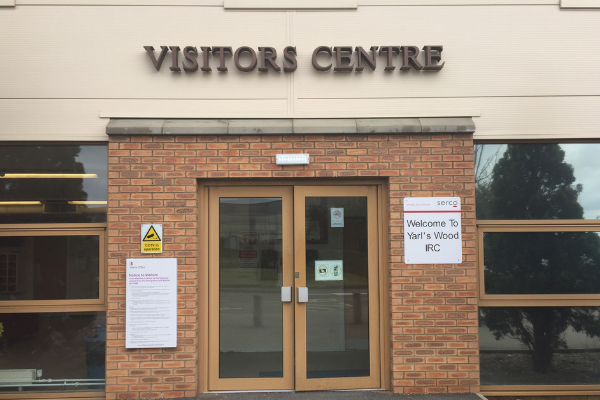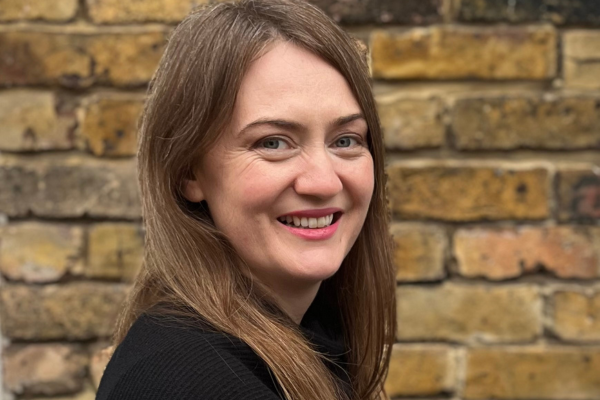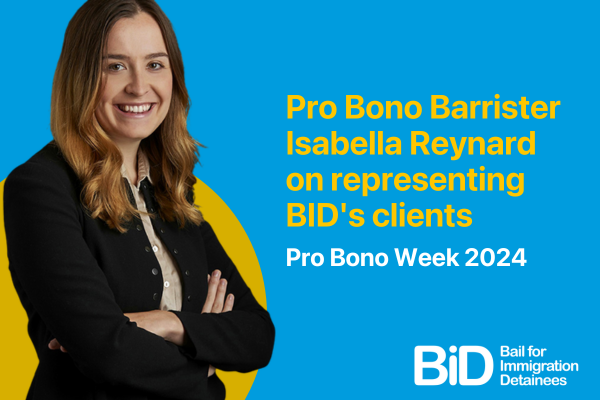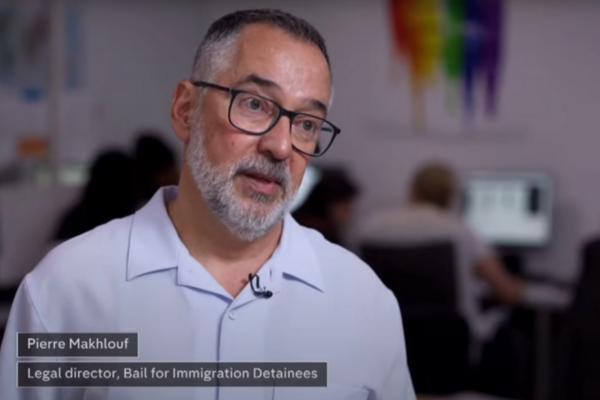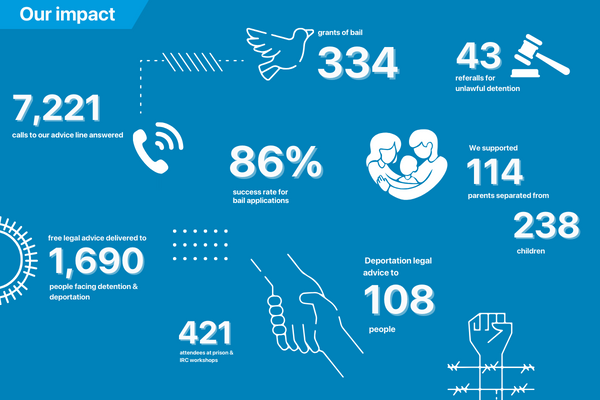With our 20th birthday fast approaching, we want an end to the needless suffering and trauma inflicted on migrants at the hands of the Home Office. This summer we have a range of Anti-Birthday gifts or packs from £15 to £250 which supporters can purchase to help us #EndDetention.
Over the next few weeks, we will be focusing on the many barriers to justice our clients face and how each gift can help address these. Our £15 Communications Pack helps clients overcome communications barriers caused by limited English skills, telephone and internet access. Annahita Moradi, former BID volunteer and now a pupil barrister at 33 Bedford Row, shares the emotional impact that communication can have.
My Oxygen
Imagine being so scared for your life that you left all that you knew and loved, to find safety in another country. A country you'd never visited before, but that you'd heard could be your last life line. You sold everything you had and paid the proceeds to the people your gut told you not to trust. You started your long journey to the UK - the things you saw, heard and smelt still haunt you. Against the odds, you arrived in the UK and claimed asylum.
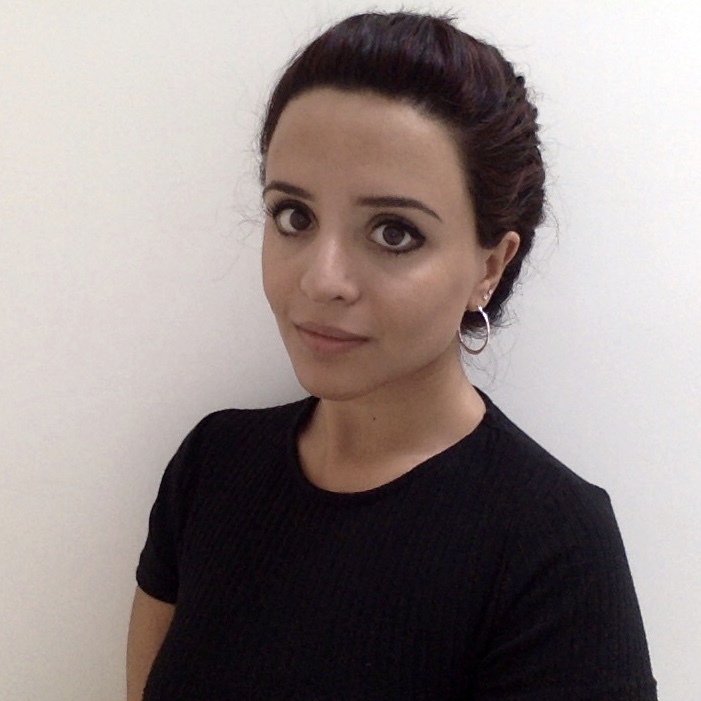
Your claim was met by questions founded on misconceptions about you: you weren't considered to be a victim at risk - you were a liar. The questions were designed to discredit, not inquire into, your claim. You answered them the best you could, but an hour into the interview - which felt like an interrogation - you knew your ultimate fate.
They locked you in detention. You were surrounded by hundreds of women. Most of them depressed, abused and grieving. You could barely speak English. Not many spoke your language. Your PTSD was getting worse - and your temptation towards suicide intensified. Cutting your arms alleviated the symptoms for a split second. You didn't know who to turn to or how. Because your phone had low credit and the computer facilities in detention were poor and often unavailable. There were booklets with generic advice on immigration bail. But they weren't written in your language.
One day, you sat in the corner of the room on the floor. As you were digging your nails into your face and pulling on your hair, someone walked up to you: "Do you need immigration bail advice?" "No English - sorry." You said what country you were from, and that person replied in your mother-tongue: "Grab a seat".
For the next few weeks, that person called you every day. Gathering evidence about your mental health and the Home Office's knowledge about your suicidal tendencies; and your wider immigration case. Together, you were preparing your immigration bail arguments and bundle for your eventual bail hearing. In the midst of all the questions, bail advice and preparations - you realised that even though you were up against the full weight of the UK - you had that one person fighting your corner. They would not give up on you until you were free.
Going forward
That is the story of my first ever client when I was a volunteer at BiD. I spent one month preparing her case under close supervision, during which she started to call me "My Oxygen" in our mother-tongue. I ignored the nickname for a while, but as her hearing drew closer, I asked her why she called me that. "Because knowing you'll call me today gets me through another day." She was released from detention at her bail hearing - and I held her in my arms as the shock of freedom triggered a panic attack and tears gushed down her face.
I got "My Oxygen" tattooed on my arm, so that as a pupil barrister, I never forget the fight. And that fight isn't over yet. With Boris Johnson in power, Brexit pending, far-right extremism coming out its shell and an ever-unforgiving hostile environment policy - I suspect this is one of the many cases to come where vulnerable people, simply trying to ask for help, are going to continue being locked away under indefinite immigration detention. In facilities where access to justice - although a fundamental right - will often be nothing but a far-stretched ideal promised in philosophy books.
Call me a pessimist - but I have no faith that the current government will reverse its hostile policies and rules. Our only hope is for lawyers and organisations like BID to continue reaching people in detention - to listen to and amplify their stories - to get them out of detention and to challenge the Home Office's ruthless policies.
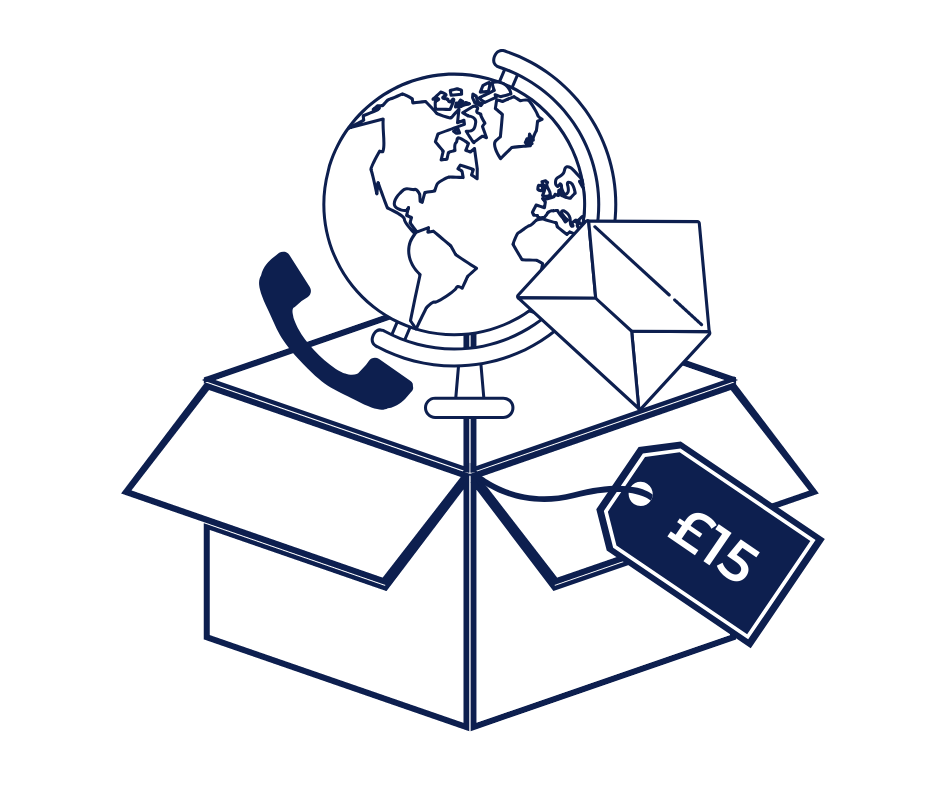
People in detention are isolated with extremely limited access to justice. With little or no English skills and limited telephone and internet facilities reaching people in detention proves time and time again to be one of the biggest barriers to justice. A gift to BID of just £15, could help address the barriers by contributing towards interpreting, postage and telephone fees so BID can help more people be heard.

